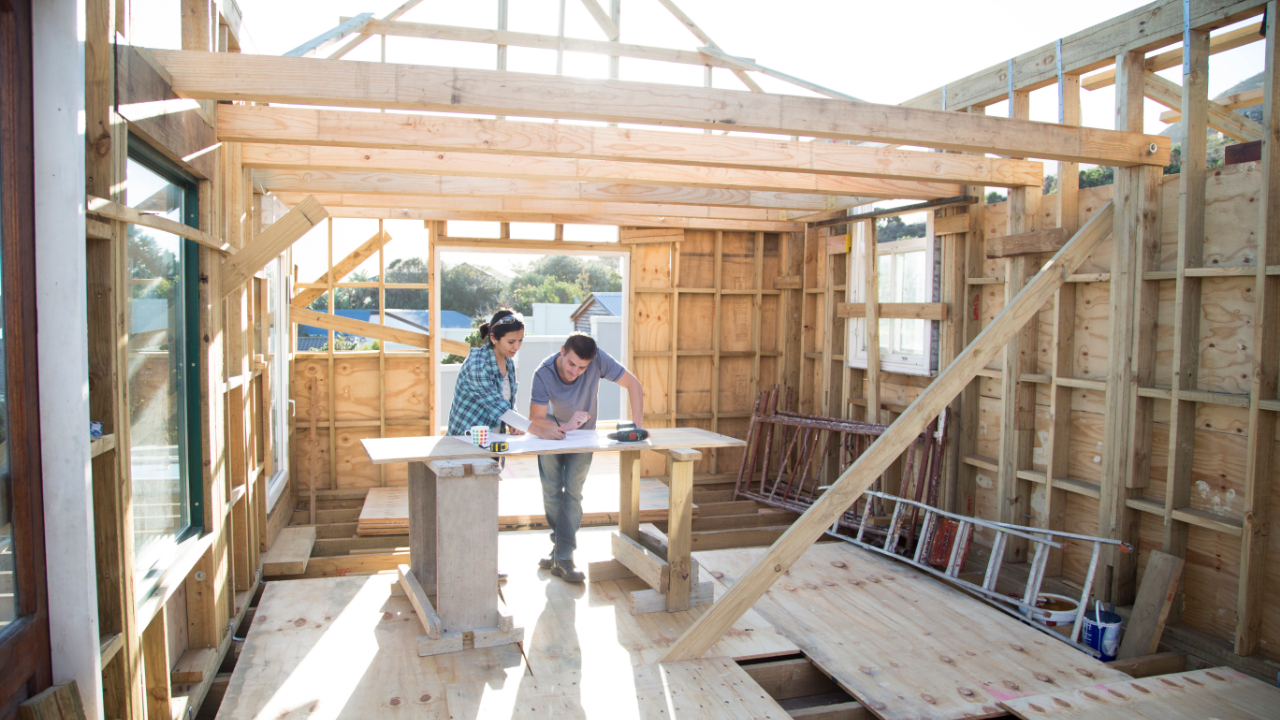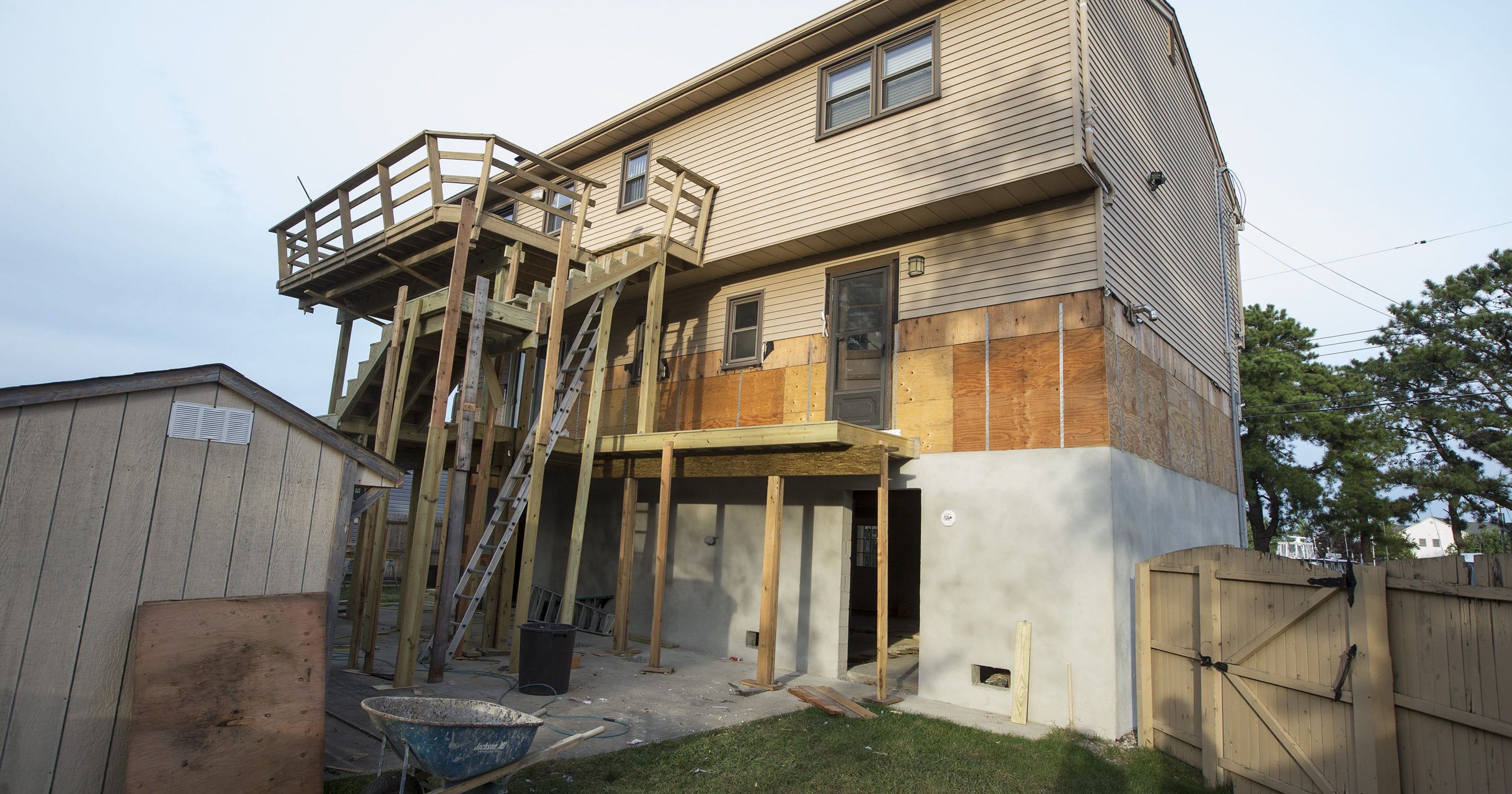Imagine this: you’ve started noticing the appearance of small cracks and paint chips on your wall, and your roof’s starting to leak, too. You may not know it, but your home is probably due for some improvement, after all the years it kept you safe, warm, and dry.
However, you’re not sure where to get help from. You see a lot of ads online on “affordable home improvement contractors” and, honestly, it’s hard not to get tempted. But before you spend anything, pause and evaluate your situation first. While it’s great to find an affordable deal for your project, it’s also important to check their legitimacy first.
You can easily fall for a home improvement scam if you’re not careful. Instead of getting a new roof or wall, or whatever upgrade you have in mind, you’ll probably end up with more headaches and a lighter wallet. Here are five great tips to help you avoid falling for a home improvement scam.
Before anything else, research!

Before you even dial the number that you see on a flyer or an online ad, take a step back and do a bit of internet sleuthing first. It’s easy to Google the name of the company offering the service or does a bit of background check on the people, usually, the contractors, mentioned in the advertisement. If you can, check everything posted about them: their rates, their services, and the reviews from previous customers. Check to see if the rates they’ve posted checks out with the rates they’ve charged on previous projects.
This will help you uncover hidden costs that would often surprise you when they’ve already knocked down a wall or two. This source, for example, shows you how easy it is to bust your construction budget if you don’t know what you’re doing.
Don’t be afraid to check for reviews, because they’ll give you an actual idea of what you’ll be paying for. You can check their ratings on the quality of work, project completion, and even the demeanour of their workers. A little bit of research can really come a long way, especially if it’s your hard-earned money that’s on the line.
A proper contract with all the necessary details of the project
You may know a contractor through a relative, a colleague, or in some cases, he’s your friend. Even so, you still need to get a written contract that specifies all the work to be done, the materials to be used, the project timeline, the warranty on the service and products, and of course, the costs. Without these, you could end up easily overpaying for a project, or having it take a lot more time than usual. And when you get a contract, be sure to go through it thoroughly, read through the fine print carefully, and don’t let anyone start work before you sign it.
A contract can be provided by your contractor, but you can also draw one yourself (or by your lawyer,) as long as the terms will be agreed upon by both parties. It may differ from one project to another, so make sure to go through the details before signing above the dotted line.
Keep your communication lines open
A good contractor is a good communicator—they should be responsive and willing to answer all your queries, even before the project officially starts. Still, it is your duty to initiate contact and establish a connection with them, so feel free to call, email, or message them when you have something in mind about your project.

If the project pushes through, you should make sure to check up on them regularly, even if they tell you that everything’s going smoothly. They’re the experts in the industry, so they should know by now that you have expectations that they should meet. If their service is not up to your expectations based on the contract, don’t hesitate to speak with your contractor. Whether or not there’s a hiccup in the project, they should tell you straight, and give you the next course of action. But if you’re not getting the answers you want, or they’re taking too long to respond, you might want to start looking for a new contractor.
Try to know the problem first
You might think that you’re just a homeowner, with no skills or proficiency to tackle big home improvement projects on your own. You’re right—you shouldn’t try DIY-ing home improvement projects if you don’t have the knowledge, tools, and skillset. But that shouldn’t stop you from researching the problem. Whether it’s as simple repainting your house, or a gargantuan project of replacing your whole roof, it is highly recommended that you learn more about it also. This way, contractors won’t charge you more just because you don’t know anything about your problem.
A good example would be checking to see if replacing a wall meant replacing all the windows as well. Without researching your problem, a contractor could easily convince you to replace all your windows and spend more for the project, instead of just reusing the existing ones which are still in good condition.
A simple permit exposes a lot of scammers

One of the most overlooked steps in a construction project is getting a permit. A small project may be concluded without pulling paperwork, but this exposes you to contractor scams. No matter how big or small a project is, always ask your contractor to pull a permit, because it means everything will be done to code. The city will provide inspections, and if anything’s unsatisfactory, they’re required by law to fix any issues identified.
If somehow the contractor convinced you to push through a project without a permit, there’s a big chance that you’re getting scammed. You’re either getting short-changed with the quality of materials, or they’re not doing everything up to code, and you’ll have to suffer the consequences in the future. This may seem like an extra, unnecessary step to getting your roof replaced or your room renovated, but in the end, it’s your money and your safety that is at stake.






